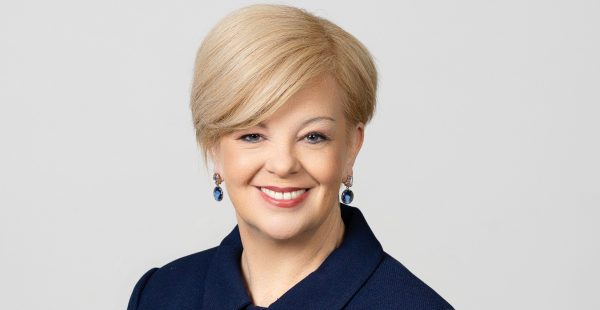Why advice conversations should include heirs

New research suggests Australian financial advisers have been targeting higher value clients aged between 50 and 65 but are fearful of not retaining the client’s assets when they transfer to wives and heirs.
The research suggests advisers would be wise to including heirs in financial planning conversations.
The research commissioned by Natixis Investment Management and undertaken by CoreData survey 2,700 financial professionals across 20 countries and found that 40% of Australian advisers were worried about how generational wealth transfers would impact their business.
It said that Australian advisers report retaining assets 71% of the time when a spouse inherits, and only 38% of the time when the children inherit.
The research commentary said that, focusing on retention, 87% of Australian advisers are prioritising a specific demographic, with 59% focusing on acquiring clients aged 50–65-year-old.
“Overall, 79% believe that including heirs in financial planning conversations with clients is crucial to retaining assets,” it said.
Commenting on the research, Natixis IM Country Head Australia and New Zealand, Louise Watson said the challenges and opportunities posed by generational wealth transfer were significant.
“The next two decades, paired with the quality of advice review, and the digital advice revolution could change how advisers operate their practices in unpredictable ways,” she said. “What’s clear is that Aussies still need an adviser now more than ever, and keeping the family involved is key.”
The research also pointed to the top five questions being posed to financial advisers:
- Will I reach my goals? (85%),
- Am I protected from market downturn? (77%),
- What do I need to outpace inflation? (73%),
- How do I preserve and pass on my wealth? (65%)
- Why should I get back into the market if cash is so attractive? (61%).











These funds should be a lot more concerned about their investment returns, which are starting to look very sick. Waiting…
How deluded is this guy! Scandal after scandal and he thinks he has done a good job.
Phoenix has already begun ''Sequoia declined to confirm whether the end of the cross guarantee was part of a plan…
He “addressed regulatory through our simplification work”. This just shows how out of touch and clueless he is. We had…
Another failed bureaucrat blowing his own trumpet as $$Billions blow up from MIS fraud & failures, that ASIC were warned…